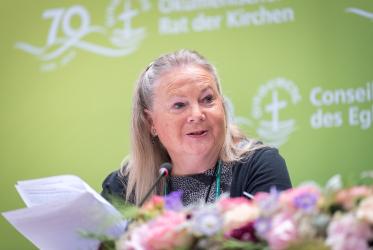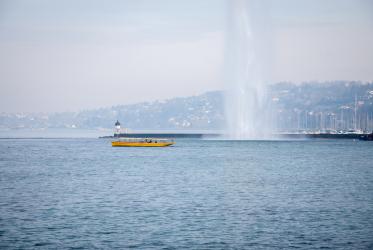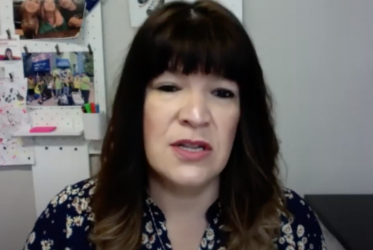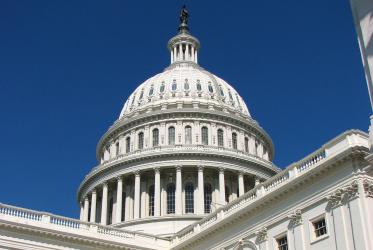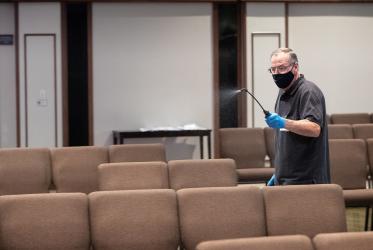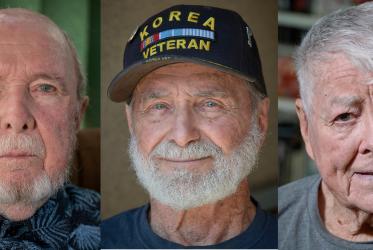Displaying 1 - 20 of 110
L’évêque Mary Ann Swenson, une vie de prière aux racines profondes
01 February 2022
Prayer life of Bishop Mary Ann Swenson has deep roots
31 January 2022
En images: Semaine de prière pour l’unité chrétienne
02 February 2021
In pictures: Week of Prayer for Christian Unity
01 February 2021
Bible study addresses church identity in pandemic
17 September 2020

